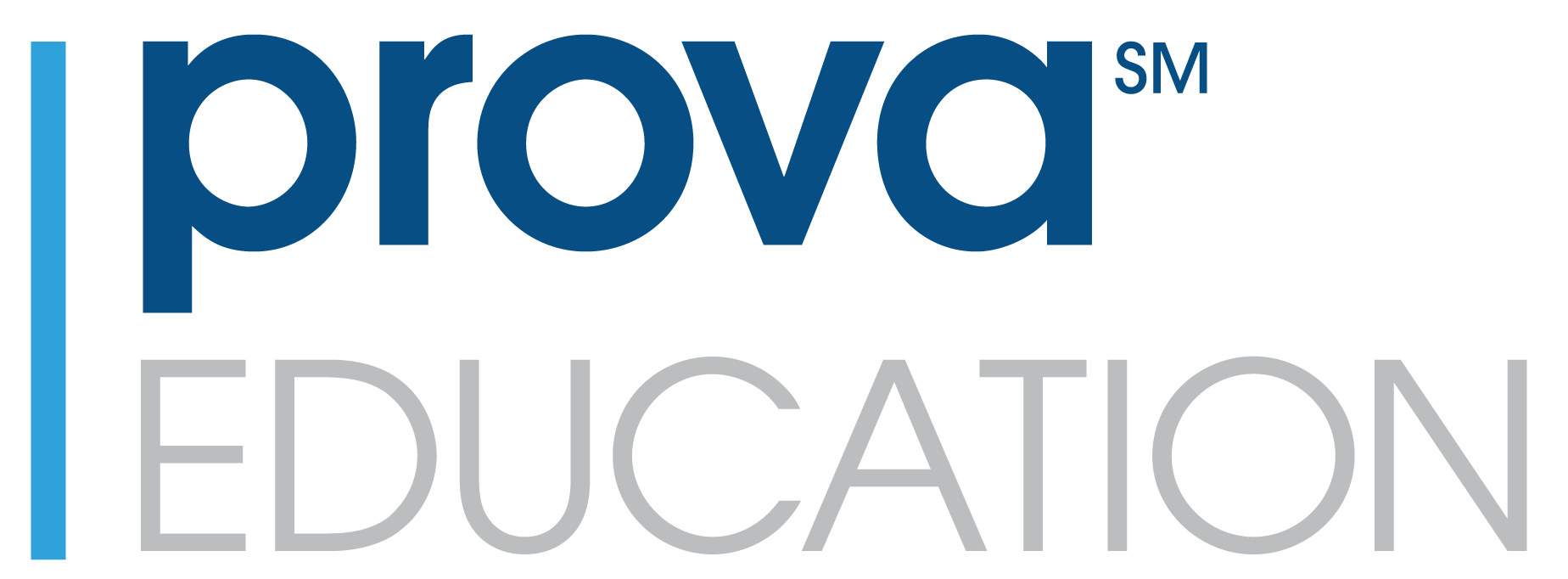Announcer:
Welcome to CME on ReachMD. This episode is part of our MinuteCE curriculum.
Prior to beginning the activity, please be sure to review the faculty and commercial support disclosure statements as well as the learning objectives.
Dr. Yuen:
This is CME on ReachMD, and my name is Dr. Kevin Yuen. Here with me today is my esteemed colleague, Dr. Susan Samson.
So, Dr. Samson, let’s dive in and discuss treatment-related adverse events. What are they, and how should we manage them in our patients with acromegaly?
Dr. Samson:
That’s a great question. You know, we use this term, treatment-related adverse events, often when we’re doing clinical trials because they relate to new symptoms the patient develops after they’ve started a treatment medical therapy or intervention.
And so these are the kind of symptoms patients may have, for example, when they start a new medication. In our patients with acromegaly, for example, if we’re using a somatostatin receptor ligand, patients may experience some gastrointestinal discomfort manifested, and in patients particularly on pasireotide, we may see that they develop increased glucose, or hyperglycemia. And we’ve learned from clinical trials using pasireotide compared to first-generation somatostatin receptor ligands, octreotide and lanreotide, that the risk of hyperglycemia is higher in patients on pasireotide, but we’ve also learned what makes that risk higher in certain types of patients. For example, those that are at less risk would be those that are younger, less than 40 years of age. Those who do not have glucose intolerance at baseline or even mild diabetes on oral agents. So you can really look at your patient and perceive what the risk might be for increasing glucose using pasireotide.
I think the management of how you treat that glucose is really related to the mechanism of why patients develop hyperglycemia. So we know that pasireotide dampens incretin secretion after a meal, so that would be GLP-1 and GIP. So it stands to reason that incretin therapies could be used successfully to treat hyperglycemia. We also know that metformin is a great medication for treating hyperglycemia, and particularly in patients who might have increased insulin resistance, such as from growth hormone. So really, in order to successfully treat hyperglycemia in those on pasireotide, you could consider using metformin, a mainstay of diabetes treatment that we’re all very comfortable with, and then also, if needed, adding an incretin-based therapy which could be a DPP-4 inhibitor or, better yet, a GLP-1 receptor agonist, that could overcome that dampening of the incretin response.
Dr. Yuen:
Thank you, Dr. Samson, for a comprehensive overview of treatment-related adverse events, and I see that most of the time we seem to be using SRLs, and therefore, it’s important to be mindful and be aware of the treatment-related adverse events pertaining to SRLs. There’s also the occasional use of cabergoline, particularly in mild patients with mildly elevated IGF-1s. And in that situation, I think the dosing and sometimes the adverse events of cabergoline can be a problem, as well, which needs to be addressed, particularly like postural hypertension, occasional GI symptoms, and also that acromegaly can also be associated with depression, of which cabergoline can sometimes affect the mood as well and exacerbate mental issues associated with acromegaly patients as well.
For pegvisomant, I think also there’s also the use of daily injections which can cause, perhaps, local injection site reactions. And not forgetting the fact that one has to be monitoring for potential abnormalities and liver function tests, which often resolves itself upon discontinuing pegvisomant. So I think those are also important points to consider, especially if those 2 medications are considered, particularly in combination therapies with SRLs.
So thank you, Dr. Samson, for providing a nice overview of treatment-related adverse events and for also the management of pasireotide-induced hyperglycemia. This has been a great discussion, and that’s all we have time for for now. Thanks for tuning in.
Announcer:
You have been listening to CME on ReachMD. This activity is provided by Prova Education and is part of our MinuteCE curriculum.
To receive your free CME credit, or to download this activity, go to ReachMD.com/Prova. Thank you for listening.


 In
In  Global Learning Collaborative (GLC) has been authorized by the American Academy of PAs (AAPA) to award AAPA Category 1 CME credit for activities planned in accordance with AAPA CME Criteria. This activity is designated for 1.0 AAPA Category 1 CME credit. Approval is valid until January 25, 2025. PAs should
Global Learning Collaborative (GLC) has been authorized by the American Academy of PAs (AAPA) to award AAPA Category 1 CME credit for activities planned in accordance with AAPA CME Criteria. This activity is designated for 1.0 AAPA Category 1 CME credit. Approval is valid until January 25, 2025. PAs should 
